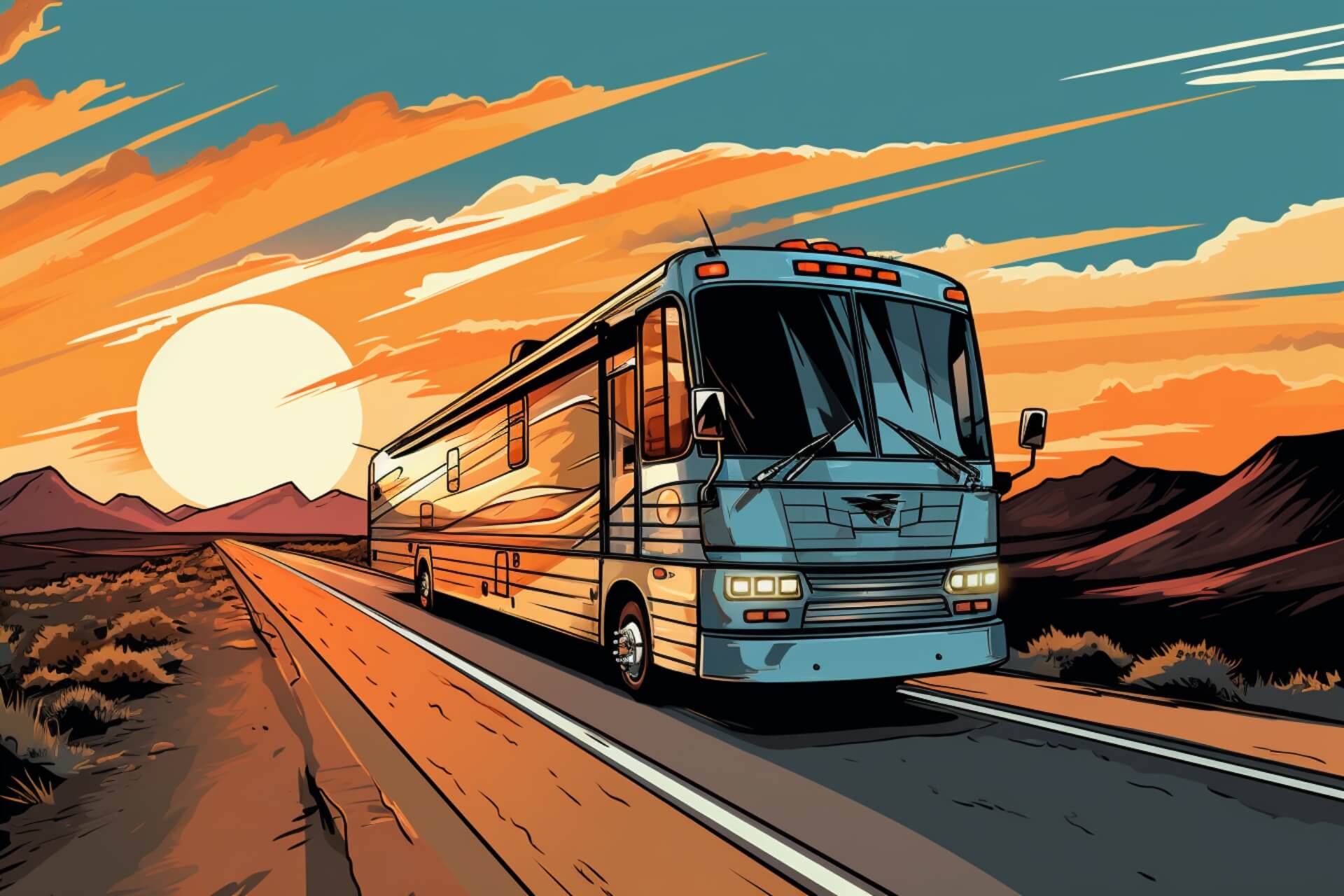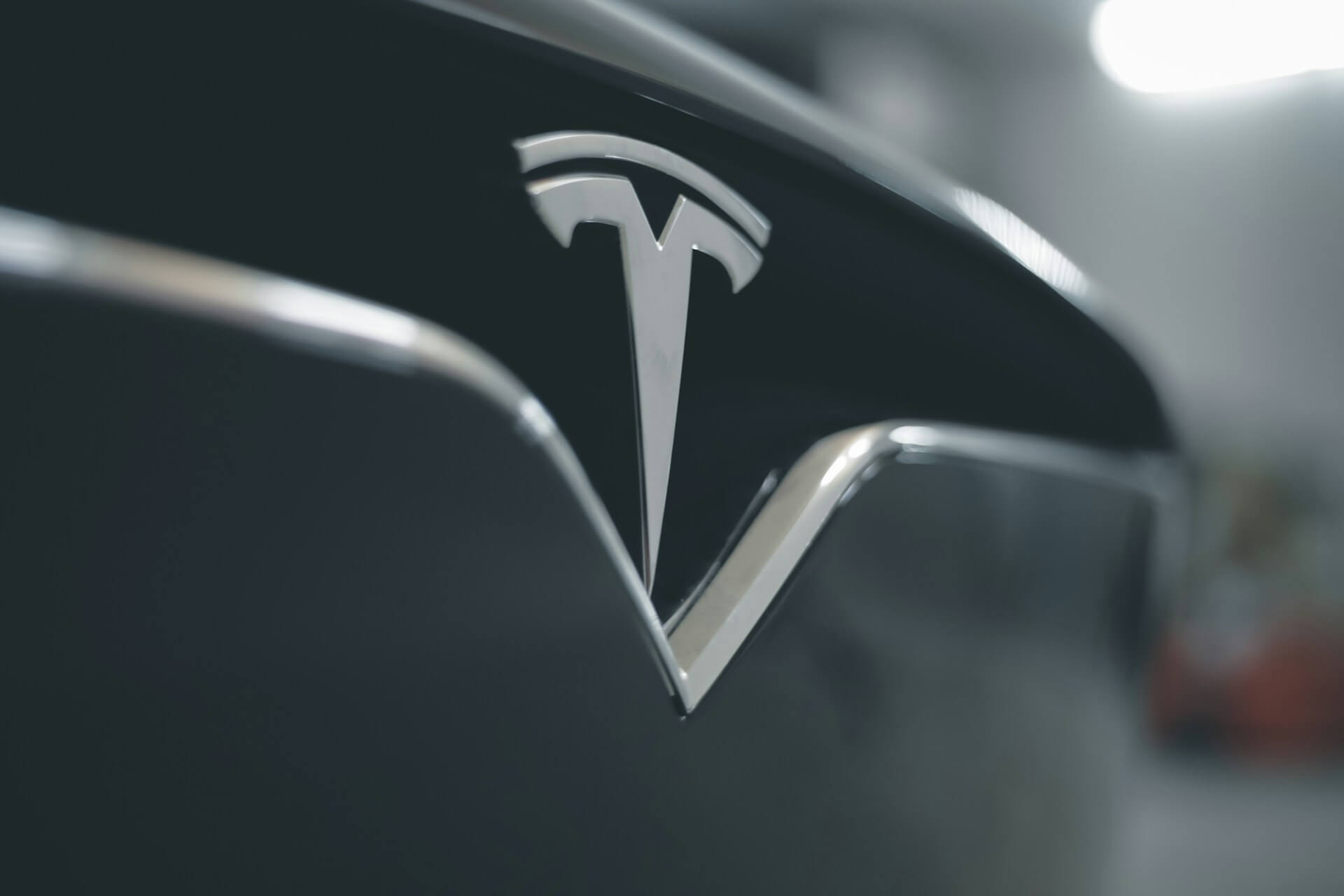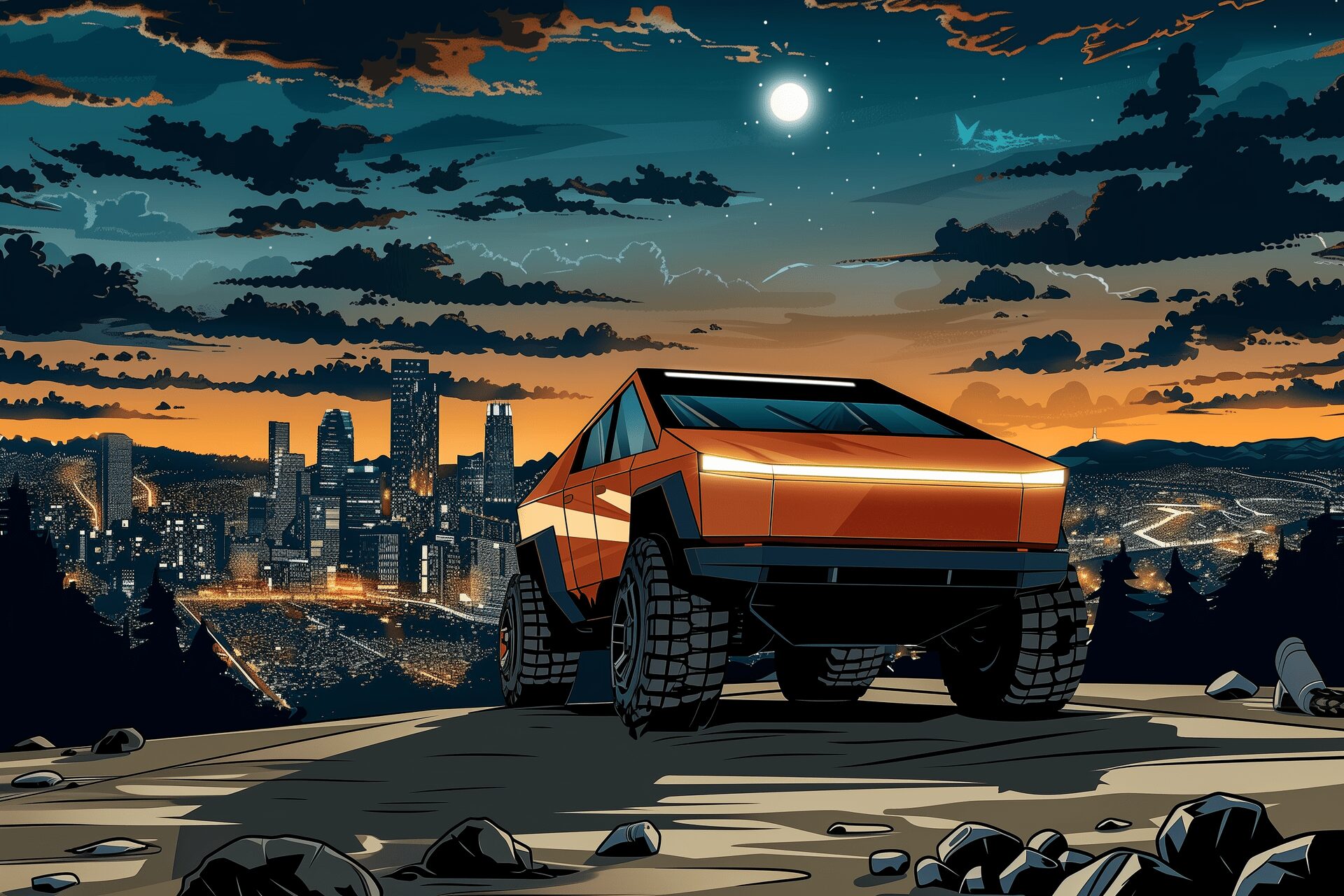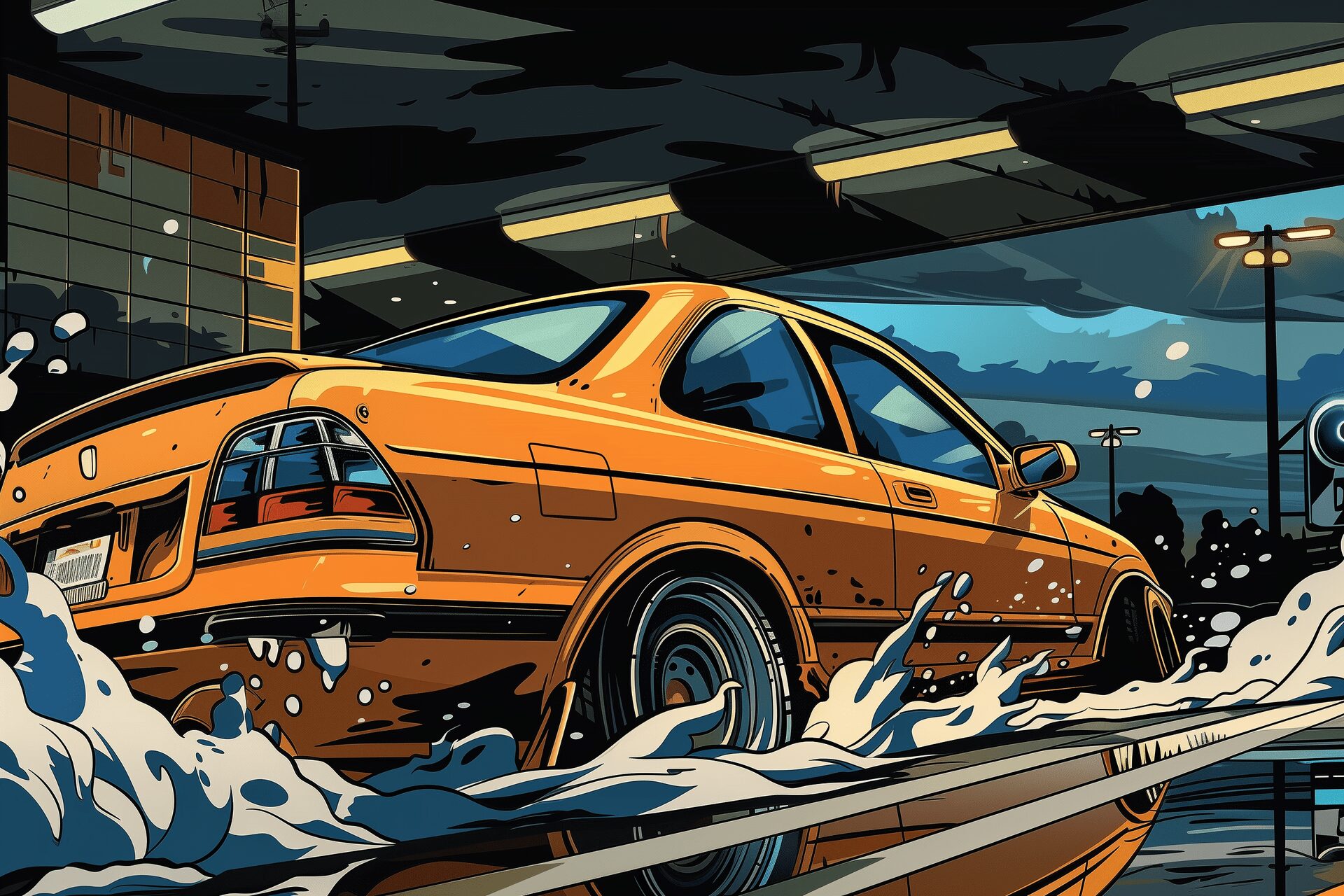Should You Fix or Sell Your Car?
Nov 13, 2015

As an Amazon Associate, Modded gets commissions for purchases made through links in this post.
For years, you and your trustworthy automobile have shared in the freedom of the open highway, the thrill of driving on the road to new adventures, and the cherished memories along the way. But lately, you’ve noticed that your old ride isn’t as reliable as it once was — and the repair bills to keep it roadworthy are getting steeper.
While parting ways with an aging vehicle for a new set of wheels might seem appealing, it might not be feasible or the most cost-effective decision. Below are some issues to consider when deciding whether or not you should pump more cash into costly repairs, or trade it in for a new car. This is what I’m going through at this exact moment and the choice to fix or sell is tougher than I thought.
How Much Is Your Car Worth?
Before you drop off your car at the local garage for another costly repair, consider the value of your vehicle. Older vehicles tend to have more expensive repairs. Even cars that have had routine maintenance are still susceptible to normal wear and tear over time. Rubber belts and hoses wear out, brakes and rotors need replaced, and electrical components cease to function. The timing-belt, which usually needs replaced at around 100,000 miles, is often an inevitable high-cost repair for vehicles with high mileage.
By using websites like Edmunds or Kelley Blue Book, you can get a better idea of your car’s value, and make a more informed decision about making that repair. If the cost of the repair is 50 percent or more of the total value of your car, it might be time to invest your money into a new vehicle.

How Much Are You Spending on Maintenance?
While it’s usually cheaper to make a repair than buy a new car, you should consider how much value you’re getting out of your money. If the repair will extend the overall life of your vehicle for a few more years, buying a new car may not be the best choice. However, if you find yourself burdened by a growing stack of repair bills, it might be time to begin the search for a new set of wheels.
If you’re still paying off an existing loan on your current vehicle, it’s also helpful to consider how much money you’ll lose if you sell. Vehicles are almost always depreciating assets, and you will likely lose the money you’ve put into the vehicle up to this point.
Is Your Car Safe and Reliable Even After You Make the Repairs?
If you have children or are making a long trek to the office every day, you should consider the risks your older vehicle may pose if it was to break down on a busy stretch of highway. As a commuter, I build up miles on my car quickly. And with two young children, I need to be confident knowing my car can handle the miles I’m putting on it every day.
I’ve found that newer vehicles have a range of built-in safety features older cars don’t have. Some of these newer features have been mandated by the federal government. Newer vehicles also offer better steering and brakes, advanced airbag systems, electronic stability control, and rearview and side view cameras. If you don’t feel your car is safe or reliable, it might be best to ditch it in favor of a newer vehicle that will offer better security for your daily travels.

Can You Afford to Buy a New Vehicle?
It’s not always possible to come up with the cash needed to buy a new car right away when you’re still relying on your old, broken-down ride. Coming up with the cash to finance a new vehicle is difficult for many people, but your old scrap heap might be able to help you get the keys to that new beauty you’ve been eyeing at the dealership.
If you decide you don’t want to drop another penny on repair work, consider selling the car for scrap or trading it in. After researching the cost of the new car you want — and determining whether or not you’ll be able to make the monthly payments — consider ways to come up with a larger down payment. By using the income you received from the sell or trade for the down payment, you can lower the amount you’ll need to finance. Even if you have enough money saved to make a reasonable down payment and can afford the monthly bills, you should also consider the added expenses of insuring a new vehicle, and how much fuel you’ll use daily.
If you find it won’t be possible to finance a new vehicle but you’re losing an uphill battle with endless repairs, you might want to consider purchasing a pre-owned vehicle, or leasing. While buying a used car may create new problems in the future, you can help minimize your risk by researching the car’s history. A new car will likely lose 22 percent of its value in the first year. When considering the depreciation of cars, buying a pre-owned vehicle is not a bad investment.
If you still don’t feel comfortable, consider looking at buying a Certified Pre-Owned (CPO) vehicle. CPOs are used vehicles that have been refurbished and inspected by manufacturers or other qualified technicians. This not only provides you with better peace of mind, but you can also get new car benefits such as extended warranties and other financing options.
So Should You Fix or Sell?
Ultimately, the decision to fix or sell an old vehicle is something only you can decide. After assessing your current situation and researching the range of options available, you will build the confidence you need to get back on the road.





